10 Ways You Can Build Developer Communities Through Virtual Events
Building a strong developer community is really important for the tech companies, open-source projects and even for the businesses who actively look to engage with the developers. There is no denying the fact that in today’s digital world, virtual events play a key role in community building, allowing companies to connect with developers across the globe without any limitations. When you invest in the right virtual event platform, interactive tools and engagement strategies, you can build a developer community that creates meaningful connections and active participation among its members. This blog will highlight ten very powerful ways to build developer communities through virtual events. 10 Ways You Can Build Developer Communities Through Virtual Events 1. Host Engaging and Interactive Sessions Developers enjoy learning and sharing knowledge. A successful virtual event should go beyond monotonous event marketing, promotions and one-way presentations to draw their attention toward the sessions. You can do this by including interactive elements like: A recorded message or short Instagram or LinkedIn live, with the event instructor sharing insights about the event, key takeaways, and unique perks for attendees. Attendee testimonials & previous session highlights to provide the proof of value & encourage participation. Live coding sessions for developers to build projects in real-time. Virtual labs & hands-on workshops with practical exercises and problem-solving sessions. Q&A panels with experts to discuss trends & industry insights. Using live chats, breakout rooms and polls can make community engagement more effective and encourage active participation from community members. 2. Leverage Virtual Recruitment Fairs Many developers are looking for job opportunities and career growth opportunities. Host virtual recruitment fairs or become a recruiter company/organization at an ongoing event. These events can include: One-on-one networking sessions with recruiters Panel discussions on career trends in the tech industry Resume-building workshops and mock interviews By providing valuable insights and opportunities for developers you can create a strong developer community that sees your brand as a valuable resource. 3. Encourage Open-Source Collaboration Developers love contributing to open-source projects and sharing knowledge. A great way to foster community engagement is by organizing virtual events where developers can collaborate on open-source software. Consider hosting: Hackathons, focused on solving real-world problems Bug bounty programs that encourage developers to test and improve software Project showcases, where developers can present their work This approach not only strengthens your online community, but also encourages long-term community members to contribute to your projects! 4. Build a Space for Continuous Learning A thriving developer community needs access to resources that help them grow. Organizing online events such as webinars and training sessions keeps developers engaged. Consider offering: Tech talks from industry leaders Certification programs on new technology Access to exclusive courses for community members Providing educational content ensures your developer community members see long-term value in being part of your online community. 5. Foster Discussions Through Live Chats and Breakout Rooms Developers enjoy discussions about technology, tools, and industry trends. A successful virtual event should include breakout rooms, live chats and networking spaces where developers can interact. You can: Create topic-based discussions on emerging tech trends Allow attendees to network based on their skills and interests Organize fireside chats with experts These elements enhance virtual event engagement and help build strong communities. 6. Involve Community Leaders and Influencers A broader audience can be attracted to your virtual events when you have the participation of community leaders and tech influencers. Ways to involve them include: Inviting them as keynote speakers Organizing fireside chats on community-building topics Encouraging them to share experiences and best practices By participating in your developer community, they bring credibility to it which directly aids in increasing the charm of your virtual event. 7. Use Gamification to Boost Engagement Adding gamification elements can make virtual event engagement fun and interactive. Developers enjoy challenges, so consider: Leaderboards for active participants Coding challenges with prizes Badges for attending multiple community-building events Gamification helps create a sense of achievement, making your community members feel more involved. 8. Provide Exclusive Access to New Features and Product Updates Developers appreciate early access to the latest tools and technologies. Hos

Building a strong developer community is really important for the tech companies, open-source projects and even for the businesses who actively look to engage with the developers. There is no denying the fact that in today’s digital world, virtual events play a key role in community building, allowing companies to connect with developers across the globe without any limitations.
When you invest in the right virtual event platform, interactive tools and engagement strategies, you can build a developer community that creates meaningful connections and active participation among its members. This blog will highlight ten very powerful ways to build developer communities through virtual events.
10 Ways You Can Build Developer Communities Through Virtual Events
1. Host Engaging and Interactive Sessions
Developers enjoy learning and sharing knowledge. A successful virtual event should go beyond monotonous event marketing, promotions and one-way presentations to draw their attention toward the sessions. You can do this by including interactive elements like:
- A recorded message or short Instagram or LinkedIn live, with the event instructor sharing insights about the event, key takeaways, and unique perks for attendees.
- Attendee testimonials & previous session highlights to provide the proof of value & encourage participation.
- Live coding sessions for developers to build projects in real-time.
- Virtual labs & hands-on workshops with practical exercises and problem-solving sessions.
- Q&A panels with experts to discuss trends & industry insights.
Using live chats, breakout rooms and polls can make community engagement more effective and encourage active participation from community members.
2. Leverage Virtual Recruitment Fairs
Many developers are looking for job opportunities and career growth opportunities. Host virtual recruitment fairs or become a recruiter company/organization at an ongoing event.
These events can include:
- One-on-one networking sessions with recruiters
- Panel discussions on career trends in the tech industry
- Resume-building workshops and mock interviews
By providing valuable insights and opportunities for developers you can create a strong developer community that sees your brand as a valuable resource.
3. Encourage Open-Source Collaboration
Developers love contributing to open-source projects and sharing knowledge. A great way to foster community engagement is by organizing virtual events where developers can collaborate on open-source software.
Consider hosting:
- Hackathons, focused on solving real-world problems
- Bug bounty programs that encourage developers to test and improve software
- Project showcases, where developers can present their work
This approach not only strengthens your online community, but also encourages long-term community members to contribute to your projects!
4. Build a Space for Continuous Learning
A thriving developer community needs access to resources that help them grow. Organizing online events such as webinars and training sessions keeps developers engaged.
Consider offering:
- Tech talks from industry leaders
- Certification programs on new technology
- Access to exclusive courses for community members
Providing educational content ensures your developer community members see long-term value in being part of your online community.
5. Foster Discussions Through Live Chats and Breakout Rooms
Developers enjoy discussions about technology, tools, and industry trends. A successful virtual event should include breakout rooms, live chats and networking spaces where developers can interact.
You can:
- Create topic-based discussions on emerging tech trends
- Allow attendees to network based on their skills and interests
- Organize fireside chats with experts
These elements enhance virtual event engagement and help build strong communities.
6. Involve Community Leaders and Influencers
A broader audience can be attracted to your virtual events when you have the participation of community leaders and tech influencers.
Ways to involve them include:
- Inviting them as keynote speakers
- Organizing fireside chats on community-building topics
- Encouraging them to share experiences and best practices
By participating in your developer community, they bring credibility to it which directly aids in increasing the charm of your virtual event.
7. Use Gamification to Boost Engagement
Adding gamification elements can make virtual event engagement fun and interactive. Developers enjoy challenges, so consider:
- Leaderboards for active participants
- Coding challenges with prizes
- Badges for attending multiple community-building events
Gamification helps create a sense of achievement, making your community members feel more involved.
8. Provide Exclusive Access to New Features and Product Updates
Developers appreciate early access to the latest tools and technologies. Hosting virtual events that give community members exclusive insights about the latest product features increases the excitement level.
Consider:
- Private beta testing sessions
- Live demos of new platform updates
- Feedback sessions where developers can share their thoughts
By giving them a role in shaping your product, you strengthen their connection to your brand.
- Encourage Collaboration Through Community Projects
Developers are mostly interested in building and experimenting in different arenas. Therefore, one of the best things that you can do is create a bunch of community engagement opportunities, by organizing group projects where members work together.
Some ideas include:
- Building open-source libraries
- Creating developer tools for a specific need
- Organizing innovation challenges
This fosters a sense of belonging and gives community members a chance to share ideas.
10. Extend the Conversation Beyond the Virtual Event
A great virtual event shouldn’t end once the sessions are over. To keep the developer community active, you should note the following:
- Create an online community on social media or forums.
- Provide access to recorded sessions and additional materials.
- Organize follow-up webinars to discuss key topics in depth.
This ensures long-term engagement and strengthens community-building efforts.
How to Choose the Right Virtual Event Platform
Selecting the right virtual event platform is crucial for ensuring a smooth experience for developers. Since developers prefer a hands-on and interactive environment, the platform should have features that cater to their needs. Here’s what to consider:
1. Scalability and Stability
A successful developer community event will attract a large audience, so the platform must handle thousands of attendees, without technical glitches. Cloud-based solutions that offer real-time scalability can prevent crashes and delays.
2. Support for Interactive Features
Developers prefer engagement over passive listening. Features that can keep them actively involved include:
- Live coding rooms
- Breakout sessions for small-group discussions
- Q&A panels with industry experts
- Interactive whiteboards for brainstorming
3. Integration with Community Tools
Your virtual event platform should support integrations with tools that developers already use, such as GitHub, Slack and Discord. This helps continue discussions beyond the event, turning a one-time gathering into a long-term community-building effort.
4. Customization Options
Every developer community has unique needs. Platforms that allow customized branding, personalized engagement activities and flexible event structures will ensure that the event feels relevant and targeted.
By selecting the right platform, you create a seamless, valuable experience for community members, encouraging them to return for future events.
Importance of Moderation in Virtual Events
When hosting virtual events, having strong moderation is essential to maintaining a positive and productive environment. Without it, discussions can quickly go off track, leading to spam, irrelevant debates or even negative interactions.
1. Assigning Community Managers
A community manager plays a vital role in ensuring meaningful connections by:
- Encouraging polite and professional discussions
- Redirecting off-topic conversations
- Facilitating introductions and networking between community members
Having a dedicated team of moderators ensures that discussions remain insightful and valuable.
2. Setting Clear Community Guidelines
Before the event, it’s important to establish a code of conduct that includes:
- Respect for all opinions
- No spam or self-promotion
- Constructive criticism over negativity
Sharing these rules in advance ensures a healthy discussion space, where everyone feels comfortable sharing ideas.
3. Using Automated Moderation Tools
Many virtual event platforms offer AI-driven moderation tools that can filter inappropriate language or detect spam messages in live chats. This helps create a safe and welcoming space for all attendees.
A well-moderated event builds trust and credibility, ensuring a better developer community experience.
Measuring the Success of Your Developer Community Event
Once your virtual event is over, it’s crucial to measure its impact. This helps in community building by understanding what worked and what needs improvement.
1. Tracking Attendance and Participation
The total number of attendees isn’t the only important metric—engagement is key.
It is critical to analyze:
- The percentage of attendees who stayed for the entire session
- The number of active participants in discussions
- Engagement levels in interactive features like Q&A and polls
2. Gathering Feedback from Developers
Post-event surveys and live feedback sessions help understand what community members found valuable. Ask questions like:
- “What was your favorite part of the event?”
- “What topics would you like to see in future events?”
- “Was the platform easy to use?”
3. Monitoring Social Media Engagement
A successful event will spark conversations beyond the platform. Look for:
- Mentions and hashtags related to the event
- Discussions in online communities like Reddit and LinkedIn
- Developer blog posts sharing event insights
4. Analyzing Conversion Rates
If your goal is to promote a product, tool, or open-source project, track how many developers signed up, downloaded software, or joined your online community.
Regularly measuring these KPIs ensures continuous improvement and helps create better developer communities.
Leveraging Social Media for Community Growth
Social media is one of the most powerful tools for community engagement before, during, and after a virtual event.
1. Pre-Event Buzz
Before the event, use social media platforms like LinkedIn, X, and Discord to:
- Share teasers and behind-the-scenes content
- Post countdowns and reminders
- Encourage developers to share their expectations using event hashtags
- Live Event Updates
During the event, leverage real-time engagement by:
- Posting speaker highlights and key takeaways
- Hosting Twitter Q&A sessions
- Encouraging attendees to share screenshots and thoughts
3. Post-Event Discussions
Once the event ends, keep the momentum going by:
- Posting recordings and recap threads
- Highlighting participant experiences
- Inviting developers to join online communities for continued discussions
Using social media strategically ensures that your developer community remains active long after the event ends.
How to Create a Long-Term Developer Engagement Strategy
Many tech companies focus on a single event, but fail to maintain long-term community engagement. Here’s how to ensure developer communities stay active:
1. Organize Regular Virtual Meetups
Instead of a one-time event, create a series of webinars, workshops, and networking sessions to:
- Keep developers updated on industry trends
- Provide continuous learning opportunities
- Foster a sense of belonging in the community
2. Launch Exclusive Beta Testing Groups
Developers love early access to tech products and features. Offer exclusive:
- Beta access to new tools
- Private discussions with your product team
- Opportunities to provide feedback and suggestions
This keeps them engaged while strengthening their connection with your brand.
3. Recognize and Reward Active Community Members
To encourage continued participation, highlight top contributors through:
- Feature spotlights on blogs and social media
- Special badges or certificates
- Invitations to exclusive community-building events
4. Create an Always-On Digital Community Space
Rather than limiting discussions to event days, keep the conversation alive through:
- Slack or Discord channels
- Dedicated forums for Q&A and discussions
- Monthly newsletters with industry insights
By maintaining an ongoing connection, you turn event attendees into loyal community members.
Conclusion
Building a strong developer community through virtual events requires more than just a one-time gathering. It involves:
- Choosing the right virtual event platform
- Ensuring smooth moderation for healthy discussions
- Measuring success and improving future events
- Leveraging social media for continuous growth
- Creating long-term engagement strategies
By following these strategies, tech companies, startups, and open-source projects can build thriving developer communities that encourage collaboration, innovation, and meaningful connections.
A well-structured developer community not only helps individuals grow, but also enhances a company’s reputation, attracts top talent, and builds a supportive network of like-minded professionals.
If you’re planning your next virtual event, start implementing these steps today and watch your developer community flourish!
FAQs:
1. Why are virtual events important for developer communities?
Virtual events provide global reach, foster collaboration, and allow developers to engage without location constraints.
2. How can I keep developers engaged during a virtual event?
Use interactive tools like live coding, Q&A sessions, gamification, and breakout rooms for meaningful participation.
3. What is the best way to measure the success of a virtual developer event?
Track attendee engagement, social media activity, post-event surveys, and participation in follow-up discussions.





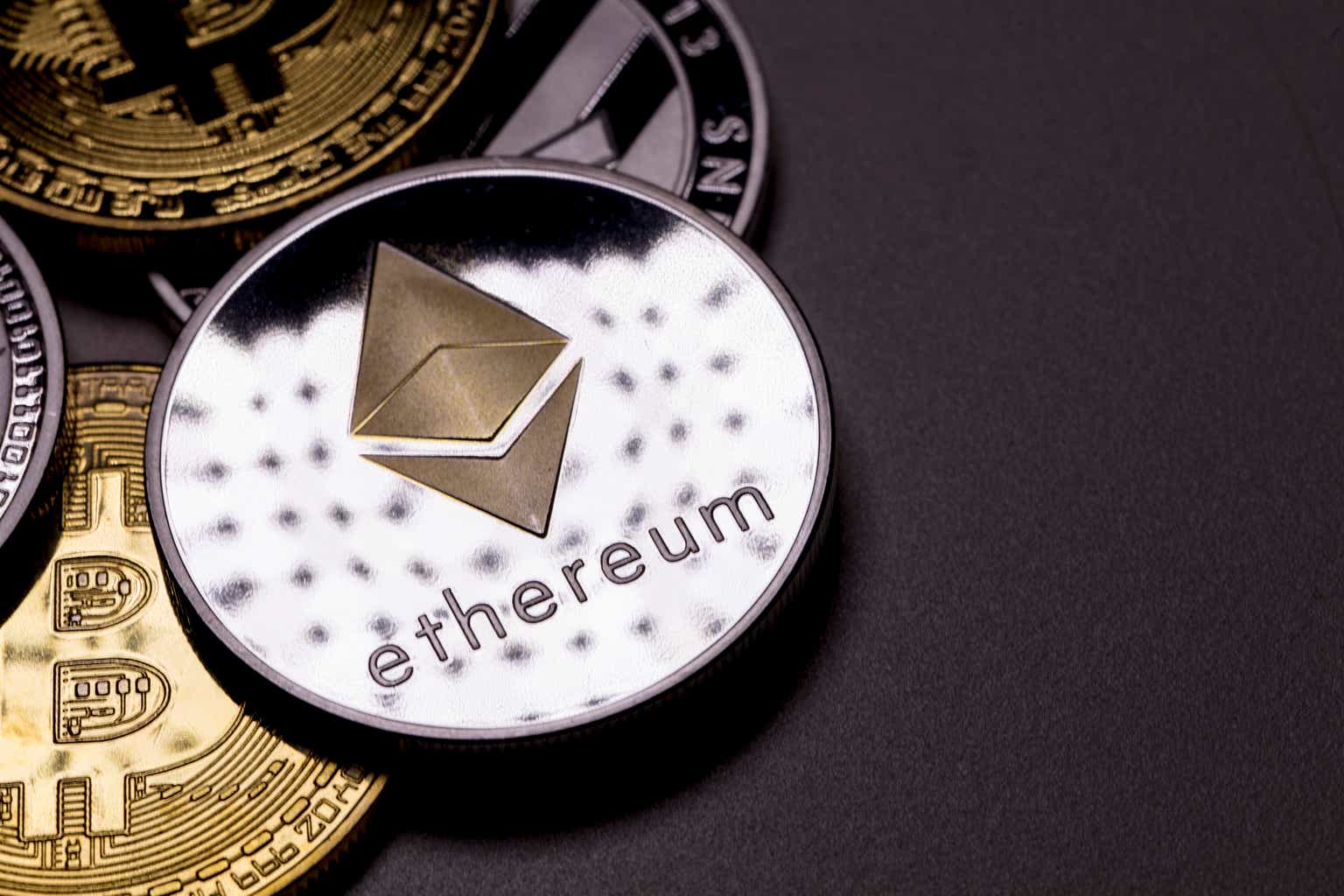



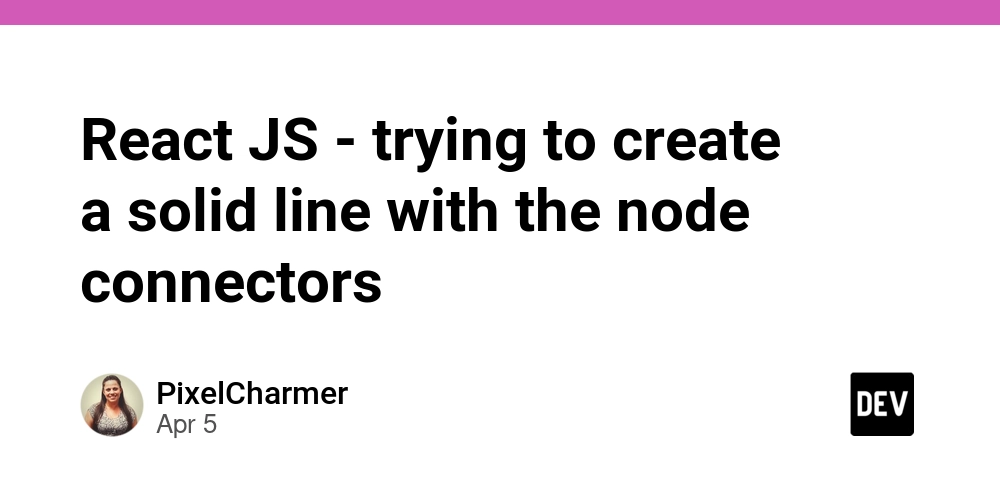
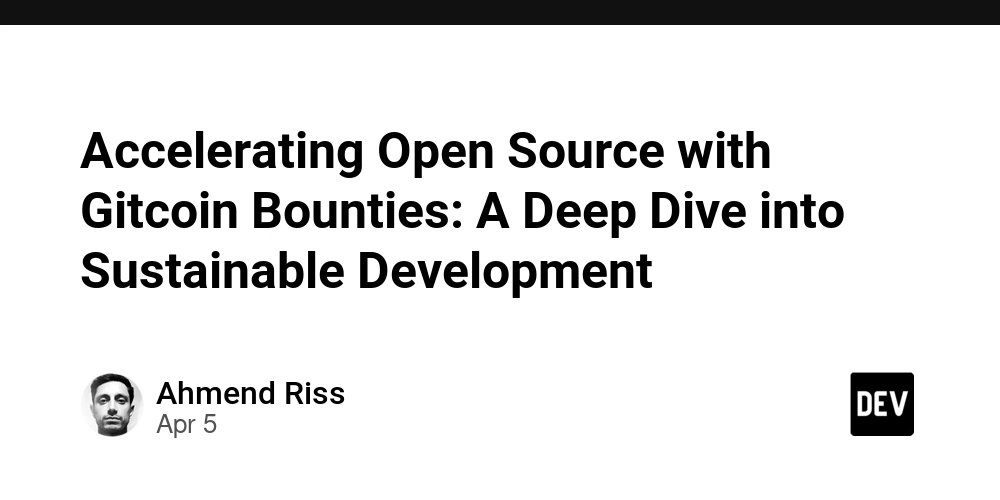
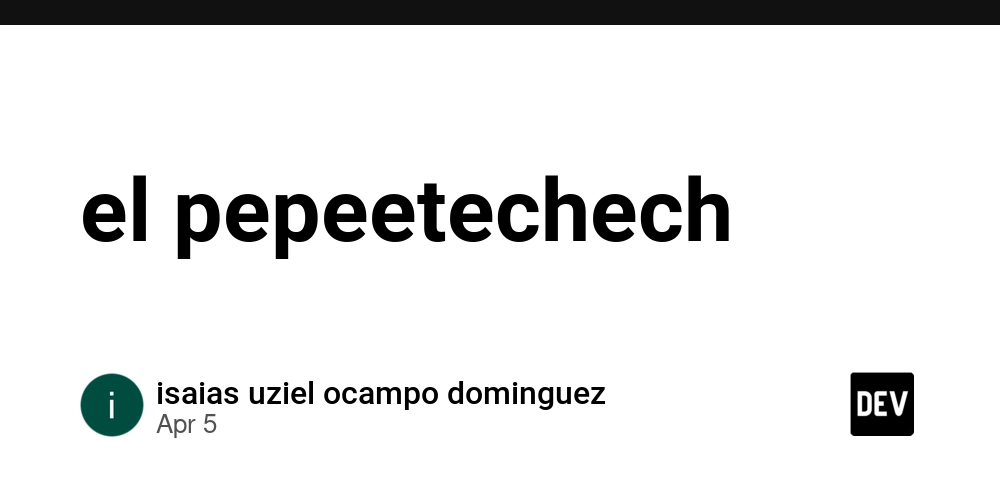
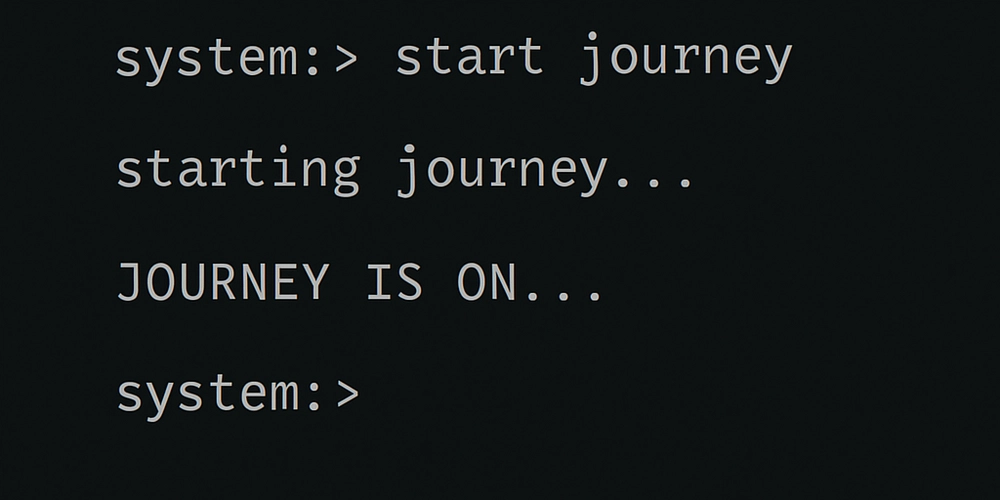





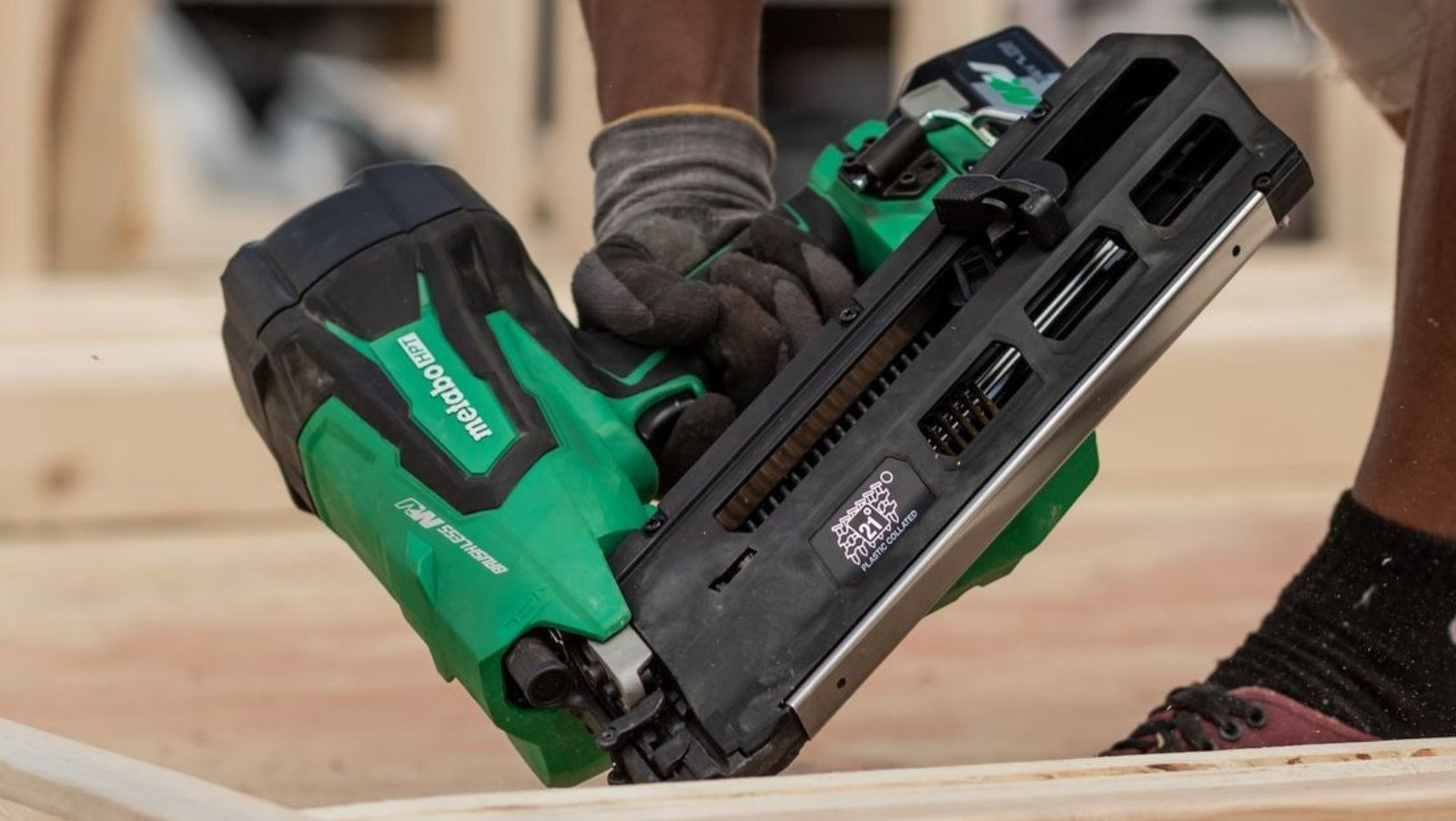




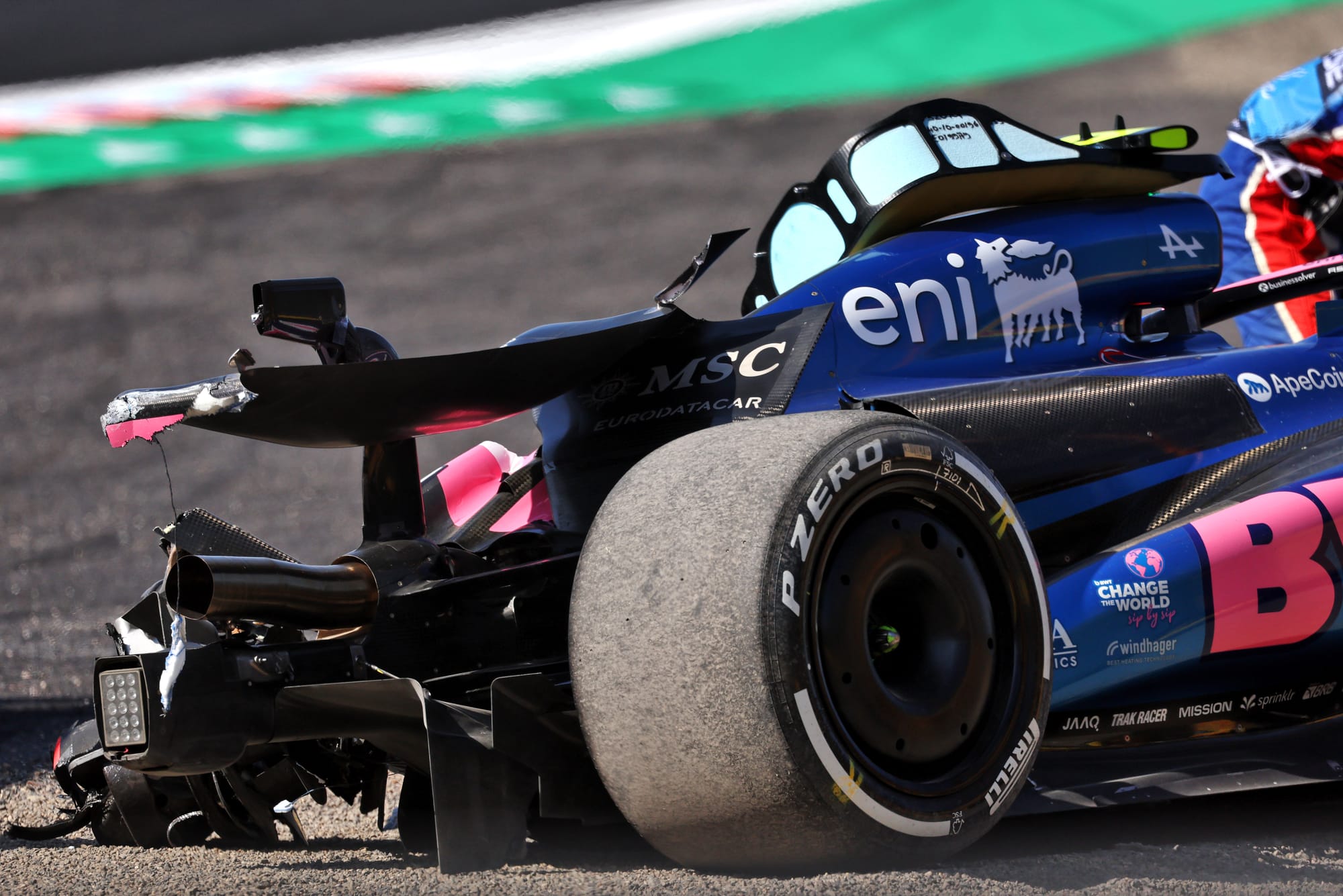
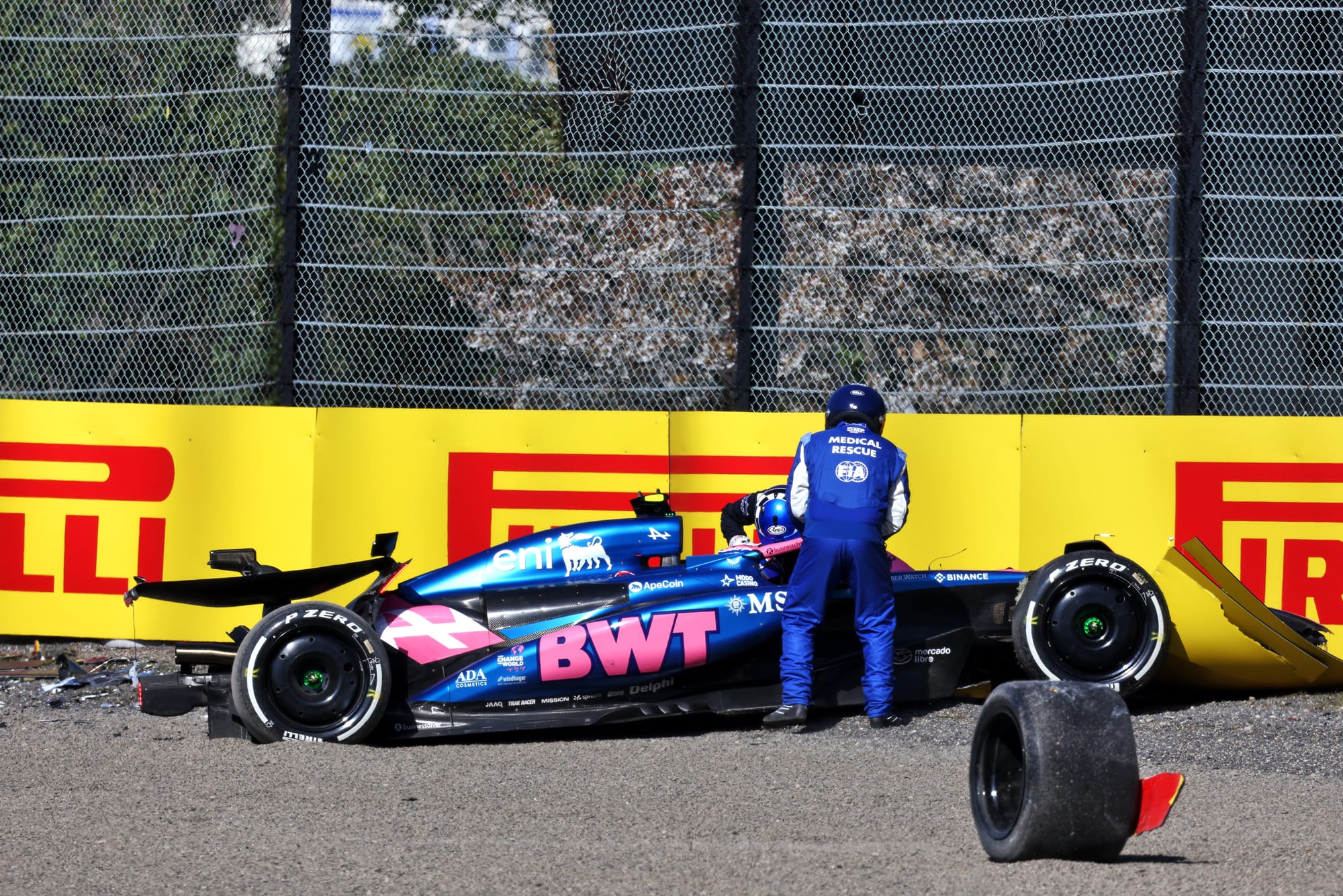











































![[FREE EBOOKS] Artificial Intelligence for Cybersecurity & Five More Best Selling Titles](https://www.javacodegeeks.com/wp-content/uploads/2012/12/jcg-logo.jpg)






